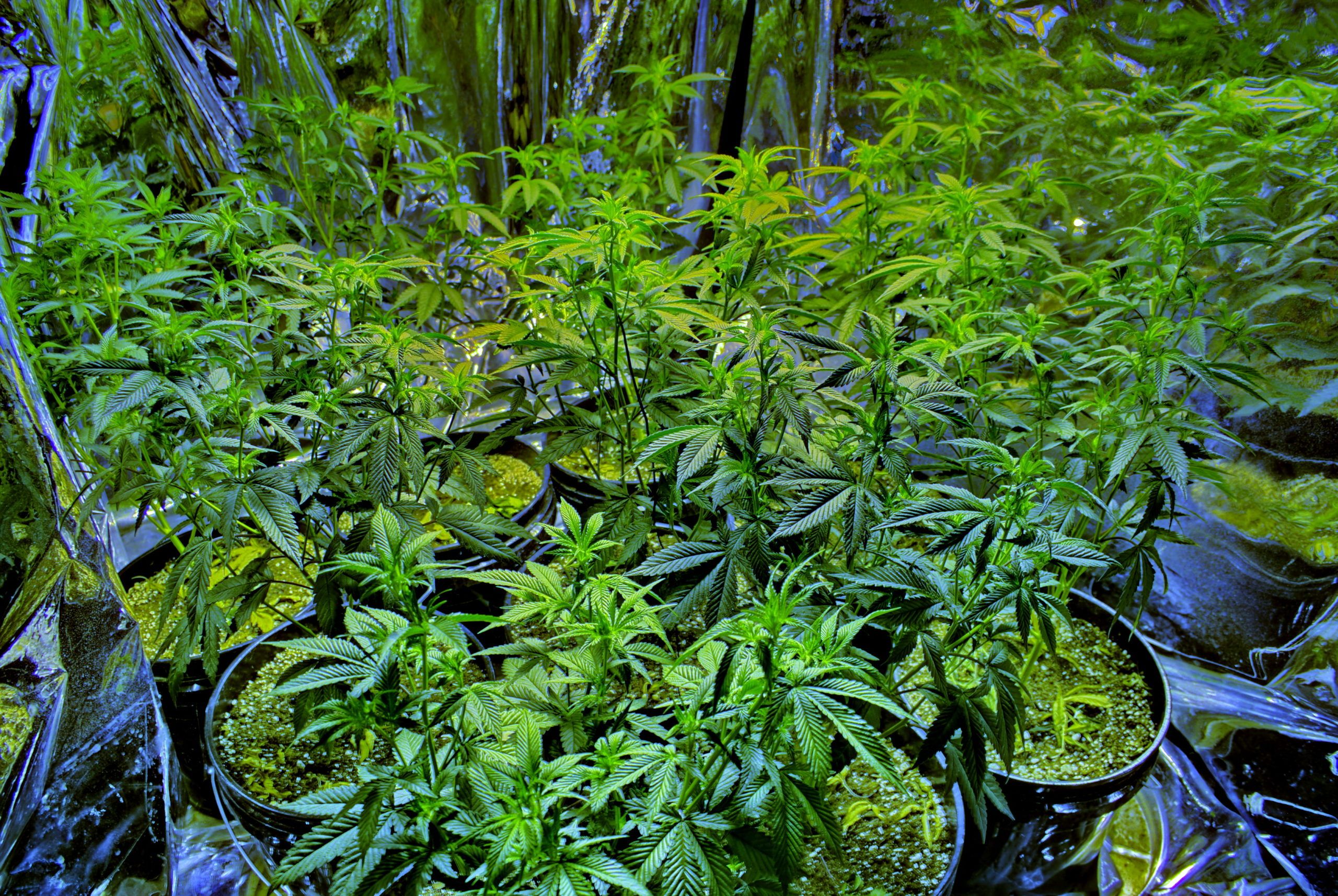Peruse your local grocery store and it’s likely you’ll spot “certified organic” labels down nearly every aisle. Frozen pizza, dog kibble, shampoo — you name it, there’s probably an organic, “all natural” alternative available. If the popularity of the organic sector is any indicator, consumers want to better understand where their products come from and how they’re made.
According to Joey Osso, a spokesperson for a new organic cannabis company called Le Herbe, the same can be said about marijuana. Medical marijuana can be legally purchased in 23 states, and recreational use has been legalized in Colorado, Oregon, Washington, Alaska, and the District of Columbia. It’s an opportune time for self-proclaimed “ganjapreneurs” like Le Herbe to capitalize on a budding industry while also addressing demands for organic, all-natural products.
“Le Herbé is positioning itself as a unique brand and targeting mostly upscale customers that can afford to live a happy and healthy life,” Osso said. “We always say that we want to become the Whole Foods of the cannabis industry, because it’s important to know what you’re putting in your body and the people and passion [behind the products].”
Based in Seattle, Le Herbe only just launched on December 1 and has already secured $100,000 in investment capital. Raising investment in cannabis-related industries might have been tough in the not-so-distant past, but according to Osso, private investors were the ones pursuing Le Herbe, not the other way around, after the company pitched its business plan at a marijuana conference in Las Vegas.
“We expected resistance at first because this is a highly regulated industry, but did not really experience difficulty in finding capital whatsoever,” he said. “Money is flying all around the cannabis industry in the U.S. if you have a solid idea that makes a lot of dollars and sense.”
Le Herbe specializes in producing “socially and environmentally responsible” cannabis products, which include edible THC-infused tinctures, throat lozenges, and iced teas, as well as lotions and balms. The company doesn’t currently cultivate its own marijuana plants, but hopes to do so in the future. Osso told us that Le Herbe has established strategic alliances and partnerships with licensed growers in states where marijuana has been legalized.
“We collaborate on growing standards, quality assurance, and provide technical expertise to ensure our products have consistency. We can’t cross state lines because of federal laws, so our business partners are very important to our success,” he said.
Last October, Greenwave Advisors reported that if all 50 states legalize marijuana by 2020, U.S. retail sales revenue could be expected to reach $35 billion. In an effort to put that number in perspective, the Washington Post published an article reporting that in six years, the marijuana industry could dwarf the $10 billion NFL industry in annual revenue.
An excerpt from the Greenwave Advisors report reads: “The legal marijuana industry is emerging in the United States (and globally) at a steady, though deliberate pace. Although uncertainty persists as to the nature, extent, and timing of universal legalization, we believe that change is coming, and that investment opportunities in the burgeoning marijuana industry are and will be substantial.”
While the industry is only in its infancy, startups are popping up all the time. “Competition is high — no pun intended,” Osso said. Le Herbe plans to set itself apart from competitors by developing new products, fostering lasting partnerships with growers, and setting long-term business goals.
“We launched in today’s market because we are on the forefront of ending another prohibition in the United States,” he said. “Just like with alcohol and the repeal of Prohibition in 1933, there is a void to be filled by small business entrepreneurs.”
FEATURED IMAGE: Mark/Flickr





